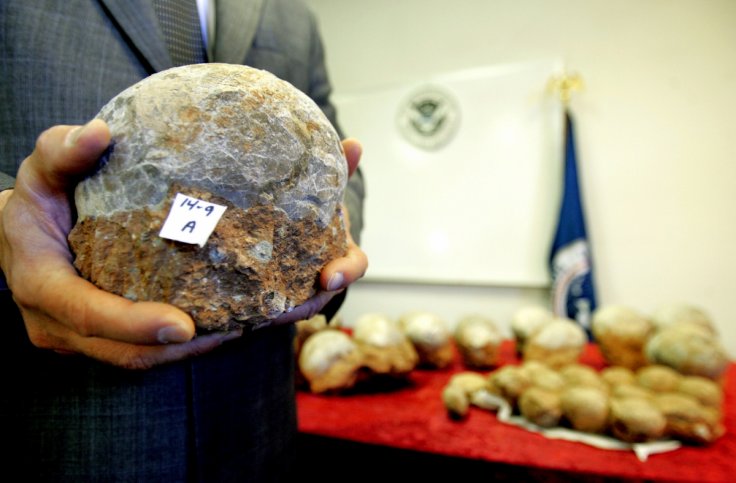
A new study published in the journal Nature has revealed that modern birds used to produce colorful eggs due to their genetic connection with their ancient dinosaur relatives.
During the study, the research team found that modern bird's close relative dinosaurs used to lay eggs with traces of two pigments, a red-brown and another blue-green. Interestingly, the same pair of pigments were found in today's bird eggs, and these pigments are primarily responsible for giving multifarious colors to their eggs.
In the initial phases of the study, the research team assumed that the color of bird eggs was their unique characteristic. The research team made this assumption based on the fact that crocodiles, birds' closest relatives have colorless eggs. Later, to check whether color eggs were there among ancient creatures, scientists studied the eggs of oviraptors, a relative of the velociraptor, the creature which became popular among the general public after the release of 'Jurassic Park'.
Researchers found that earlier dinosaurs used to bury their eggs underground, and for these creatures, the color of the eggs would not make any difference. However, it was oviraptors who first laid their eggs in open nests, and the varied color of eggs helped these creatures to camouflage and recognize their own eggs.
"This dinosaur is particularly interesting because oviraptors are the first dinosaurs that built open nests. Once you start to build an open nest, your eggs are exposed to the environment," said Jasmina Wiemann, a paleontologist at Yale University.
The research team also added that there is a single evolutionary origin of egg color, and it could be easily connected to birds and ancient dinosaurs.
"We not only know now that dinosaur eggs were colorful, but they were speckled, which is a whole other aspect of diversity. Dinosaur eggs could have been camouflaged, they could have been individually recognized, they could have been mimetic. So there are all the functions that are associated with spotting patterns on eggs that we did not even consider for dinosaur eggs," said Mark Hauber, an ornithologist and expert on eggs at the University of Illinois, NPR reports.









